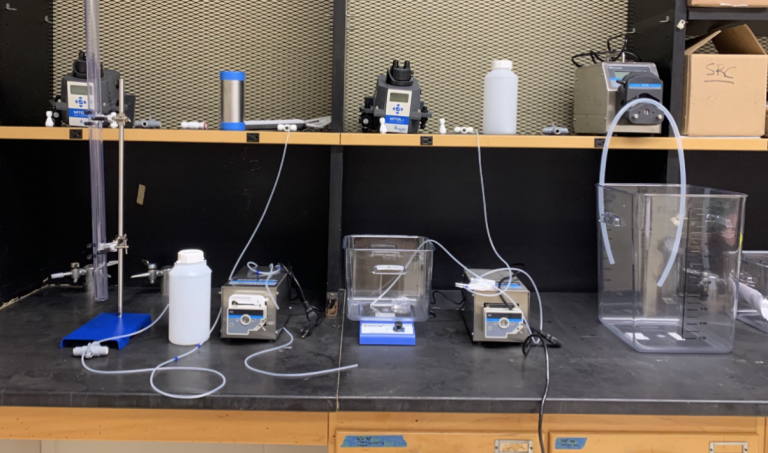The manuscripts provide a snapshot of the practices employed by institutions around the country and the world.
A new collection of 33 research papers in The International Journal for Service Learning in Engineering (ijsle.org) dives deep into the data gathered from years of university programs around the world. Highlights include a decade of experience from the venerable program at the University of Colorado, Boulder; case studies in projects that students carried out in Nicaragua and Haiti; and a rare, hard look at a failed project in Bolivia, among others.
“The manuscripts selected for publication provide readers a ‘snapshot’ of the structure, practices, and methods employed by various institutions from around the country (and world) when engaging communities,” the journal’s Editor in Chief Thomas Colledge told E4C.
That snapshot captures a diversity of academic experiences, including national programs, “dynamic ecosystems” on campus, curricula and topic- and course-based programs.
“The unifying themes across all of these manuscripts were the passionate enthusiasm and excitement on the part of the engineering faculty and students to develop sustainable programs that make a difference in the world, along with development of pedagogy which emphasizes the application of technical and professional skills concurrently with an awareness and sensitivity to cultural aspects of engaging communities,” Colledge says.
Please find this special edition of IJSLE available online free of charge.
The International Journal for Service Learning in Engineering: Humanitarian Engineering and Social Entrepreneurship | University Engineering Programs That Impact Communities: Critical Reflections and Analyses

